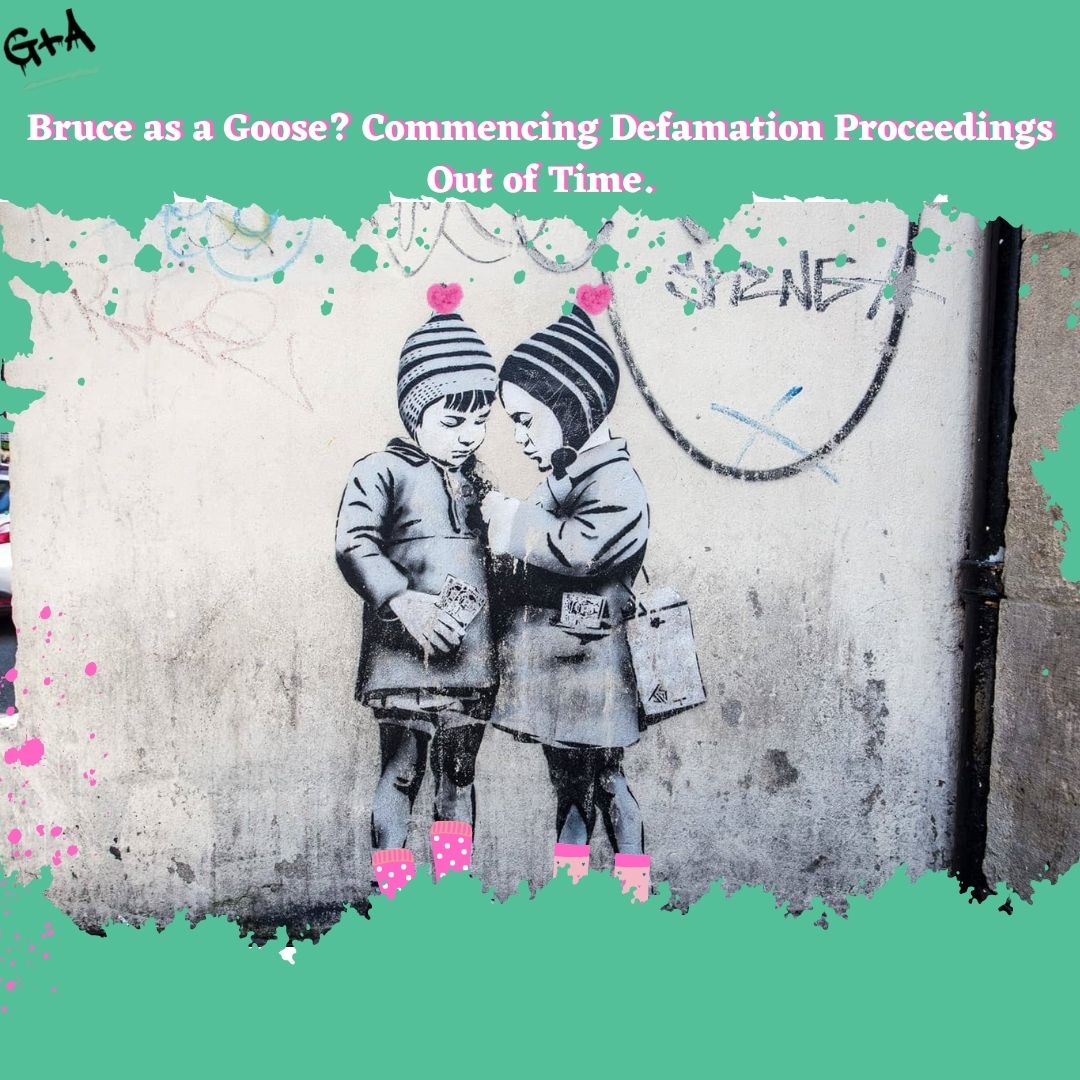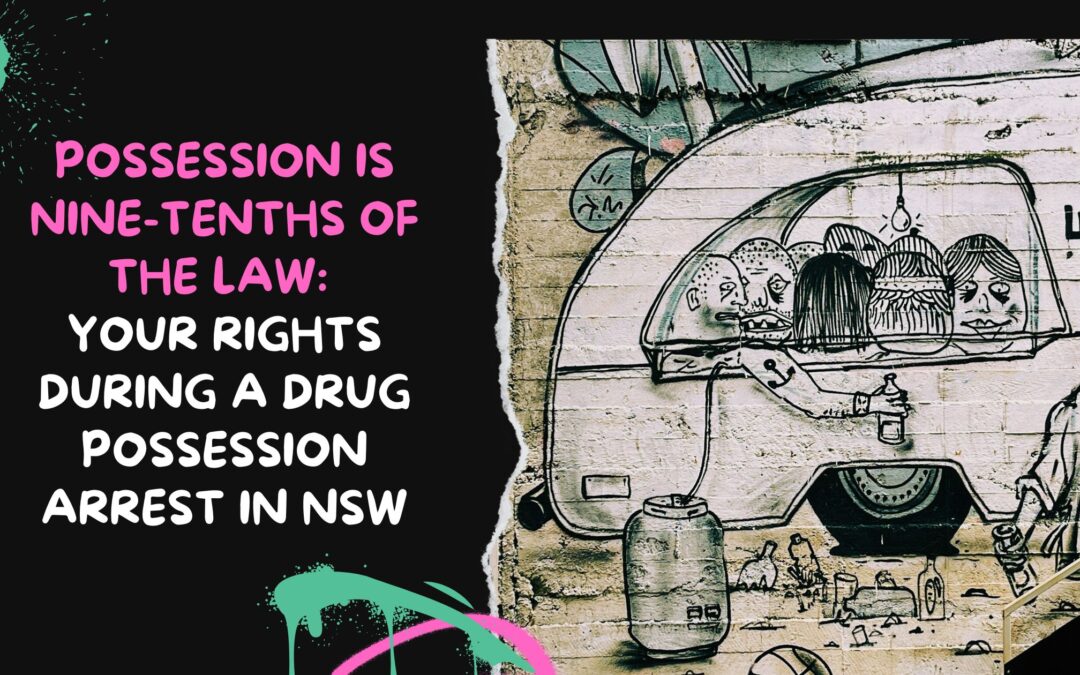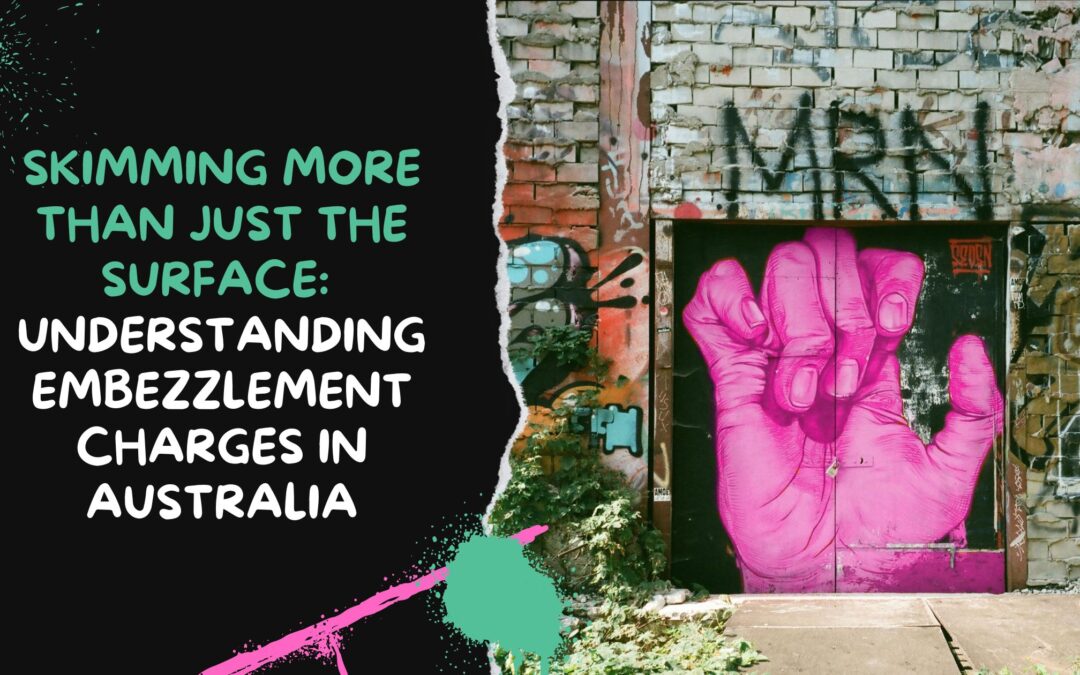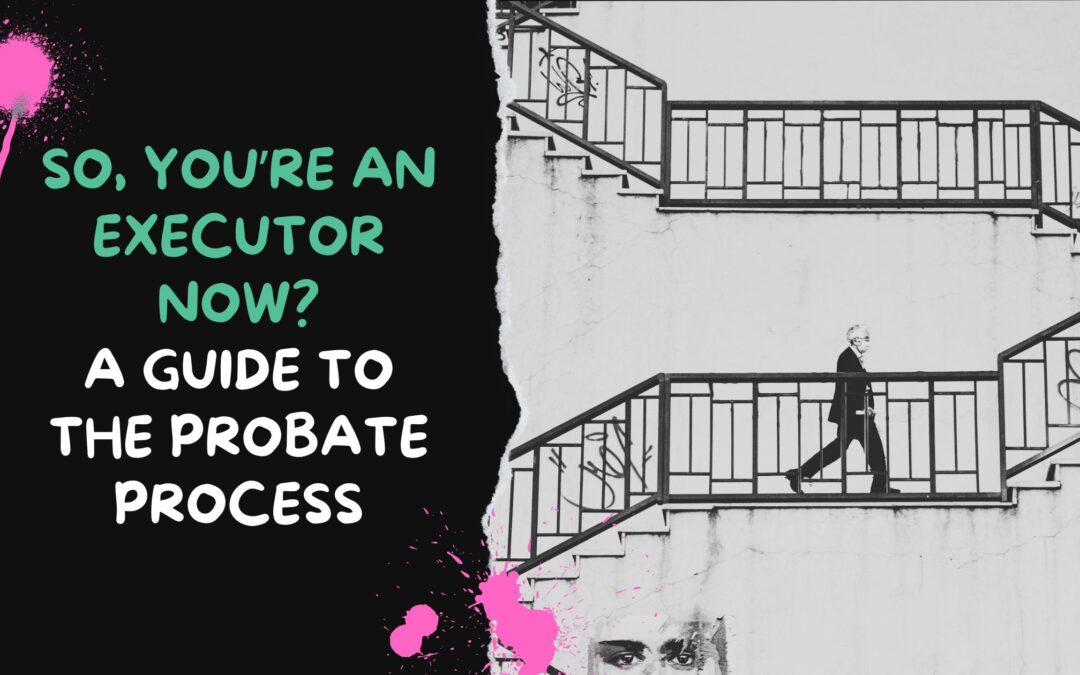Bruce Lehrmann is attempting to sue Network Ten, News Corp, and reporters Lisa Wilkinson and Samantha Maiden for defamation. Lehrman is suing the two media outlets and reporters in the Federal Court, alleging he was defamed in stories that reported on his allegations of sexual assault in February 2021.
Lehrmann is bringing proceedings outside the usual 12-month time limit imposed on defamation claims and is therefore in the process of appealing for an extension to the Court. Lehrmann is required to demonstrate it was not reasonable for him to have filed defamation proceedings within 12 months of the publications.
Defamation refers to something said or written by one person which negatively affects the reputation of another person, and that thing said or written is not true or is unsubstantiated. In New South Wales, defamation laws are governed by the Defamation Act (2005) and the Defamation Amendment Act 2020.
Defamation laws are civil, and not treated as criminal matters. Disputes involving defamation are resolved by individuals through Courts or mediation and without the involvement of the police. A person who is successfully sued for defamation will not receive a criminal record. Instead, they typically have to pay the plaintiff damages, plus in many cases, legal costs.
In Australia, the usual limitation period for an action in defamation claims is one year following the publication of the defamatory material.
Generally, to successfully bring a claim for defamation, a party must prove the following:
- That the Plaintiff issued a concerns notice to the Defendant before commencing proceedings;
- That something was published either orally or in writing;
- That an ordinary person would consider the material that was published to be defamatory;
- That the publication of the defamatory material caused, or was likely to cause, serious harm to the party’s reputation;
- The person claiming defamation can be identified in the material that was published; and
- That there is no legal excuse for the publication of the defamatory material.
Important changes to defamation law have been introduced in NSW via the Defamation Amendment Act 2020 No 16 (‘the Act’). These changes were in force from 1 July 2021. Under the new provisions, defamation proceedings cannot be commenced until 28 days after an aggrieved person has provided the potential defendant with a concerns notice, specifying the allegations and evidence they seek to rely upon.
The respondent has the opportunity during the 28-day period to provide an offer to make amends. If this offer is accepted, the aggrieved person cannot then assert an action for defamation for the same matter.
A new defence has also been introduced under the Act and is available where a defendant can demonstrate that the relevant publication concerns an issue of public interest, and that they reasonably believed they were acting in the public interest in publishing it.
While defamation claims may appear broad in nature, bear in mind that Defendants in a defamation case have a large number of defences available to them both under the common law and under the Defamation Act 2005. These defences include:
The defence of justification – if the statements made are ‘substantially true’, they will not be defamatory under section 25 of the Defamation Act 2005;
The defence of absolute privilege which means that if the statements were made in a situation where they were ‘absolutely privileged’ under section 27 of the Defamation Act 2005, they will not be defamatory; for example, communications made to the court during proceedings, and communications made to some government bodies like the Ombudsman;
The defence of honest opinion – communications which are just an opinion rather than a statement of fact, and which are based on proper material, and are in the public interest, will not be defamatory under section 31 of the Defamation Act 2005;
The defence of ‘free speech’ – this is a common law defence and is only available in relation to communications made about the government or other political things.
The defence of public interest – discussed earlier.
Who Can Make a Claim for Defamation?
Not all people or organisations can claim for defamation. A claim can be made by an individual person, an organisation that does not seek profit or a company with less than ten employees.
If you think you have a claim in defamation or want to defend a claim, you may contact our office to speak with one of our experienced lawyers.




